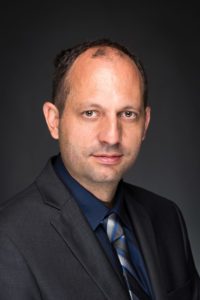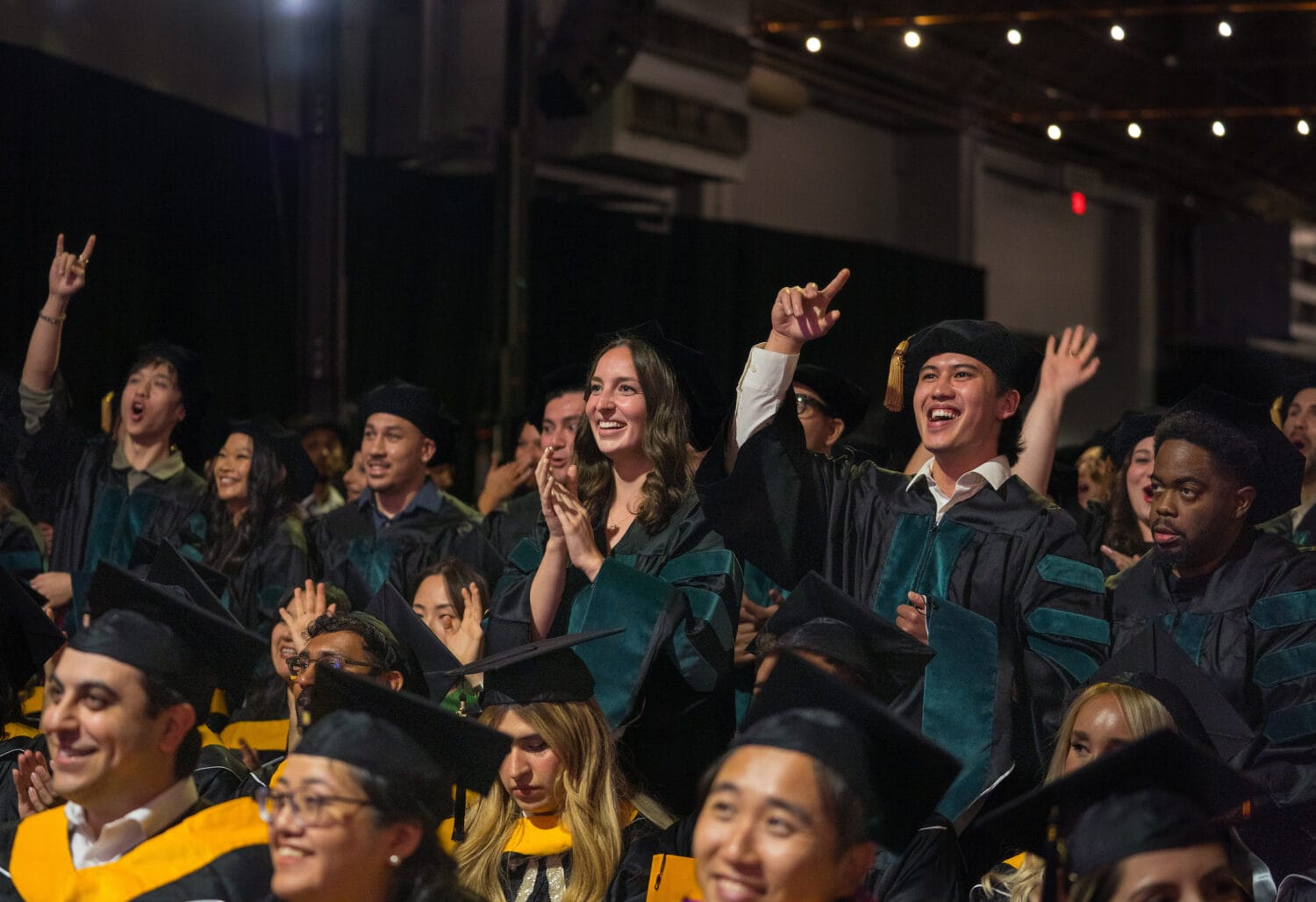Interprofessional team receives NIH grant funding to study ion channels

An interprofessional research team from Western University of Health Sciences received a $1.25 million National Institutes of Health Research Project Grant (R01) that may lead to new treatments for hypertension, chronic pain, lymphedema and malaria.
College of Pharmacy Associate Professor Yun (Lyna) Luo, PhD, and Graduate College of Biomedical Sciences Assistant Professor Jerome Lacroix, PhD, are the principal investigators of “Mechanisms of Mechanical and Chemical Gating in Mechanosensitive Piezo1 Channels.” The four-year grant includes funding of about $300,000 annually for the first two years and about $324,000 for years three and four.
Mechanical forces are constantly produced as cells grow and divide in a developing embryo or during physiological processes such as blood circulation and cell migration. To perform these biological functions, cells need to sense these mechanical forces and respond in an appropriate fashion, Lacroix said.
In vertebrates, this task is mainly performed by plasma membrane proteins called Piezo channels. Piezo channels generate small electrical or chemical signals when mechanical stimuli deform the cell membrane. These signals are essential for a myriad of cellular and physiological processes in virtually all organ systems.

How this protein senses and responds to mechanical forces and small molecule modulators is unknown. The goal of this proposal is to identify structural and thermodynamic changes induced by mechanical and chemical stimuli in Piezo1 using a multidisciplinary combination of computational and experimental methods.
“In this project, we will investigate how the atomic structure of the Piezo1 channel is affected by mechanical forces and by the binding of a small molecule agonist called Yoda1,” Luo said. “Next we will investigate how these structural changes are propagated toward protein regions responsible for the generation of electro-chemical signals. To this aim, our team will use several techniques including electrophysiology, protein engineering, fluorescence imaging, molecular dynamic simulations and advanced computational analyses. If successful, this project will lead to a better molecular understanding of mechanotransduction and will pave the way for the rationale design of new pharmacological agents which may help treat hypertension, chronic pain, lymphedema and malaria.”
Obtaining an NIH R01 grant is a significant achievement for Drs. Luo and Lacroix, said College of Pharmacy (COP) Department of Pharmaceutical Sciences Chair Stephen O’Barr, PhD.
“One of our College goals is to ‘foster an environment that facilitates innovative, collaborative, and externally funded research programs,’” O’Barr said. “This grant is a direct result of the support COP Dean Daniel Robinson gives to our research program and puts the College on the map as a top-tier research organization dedicated to enhancing health outcomes.”



